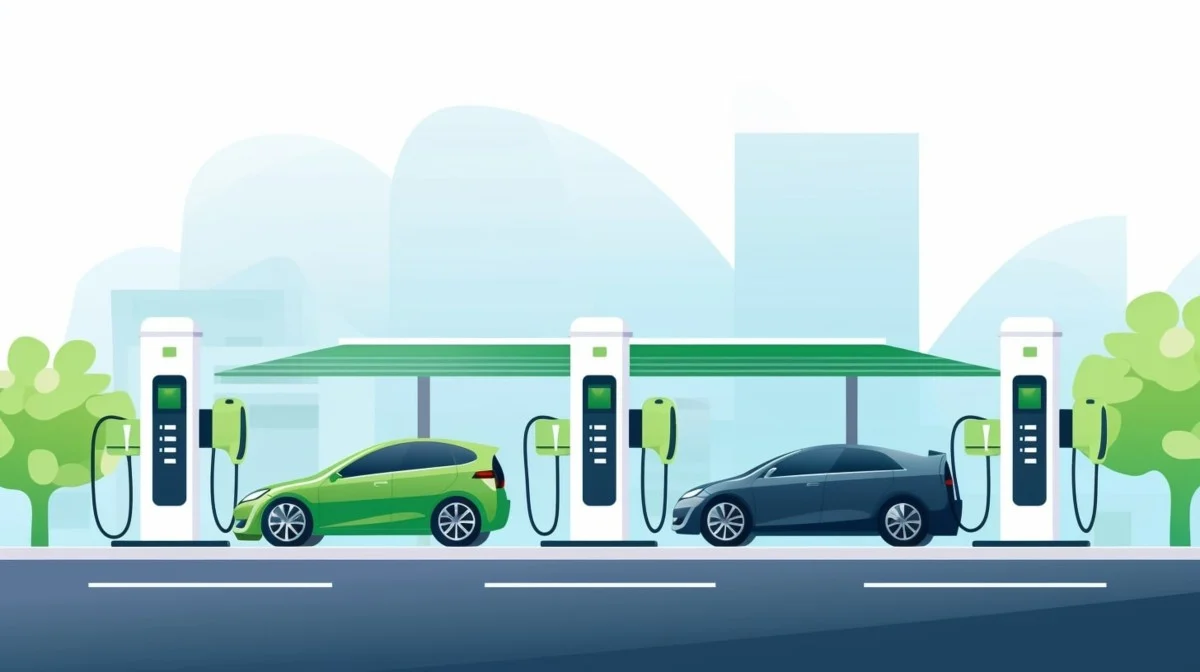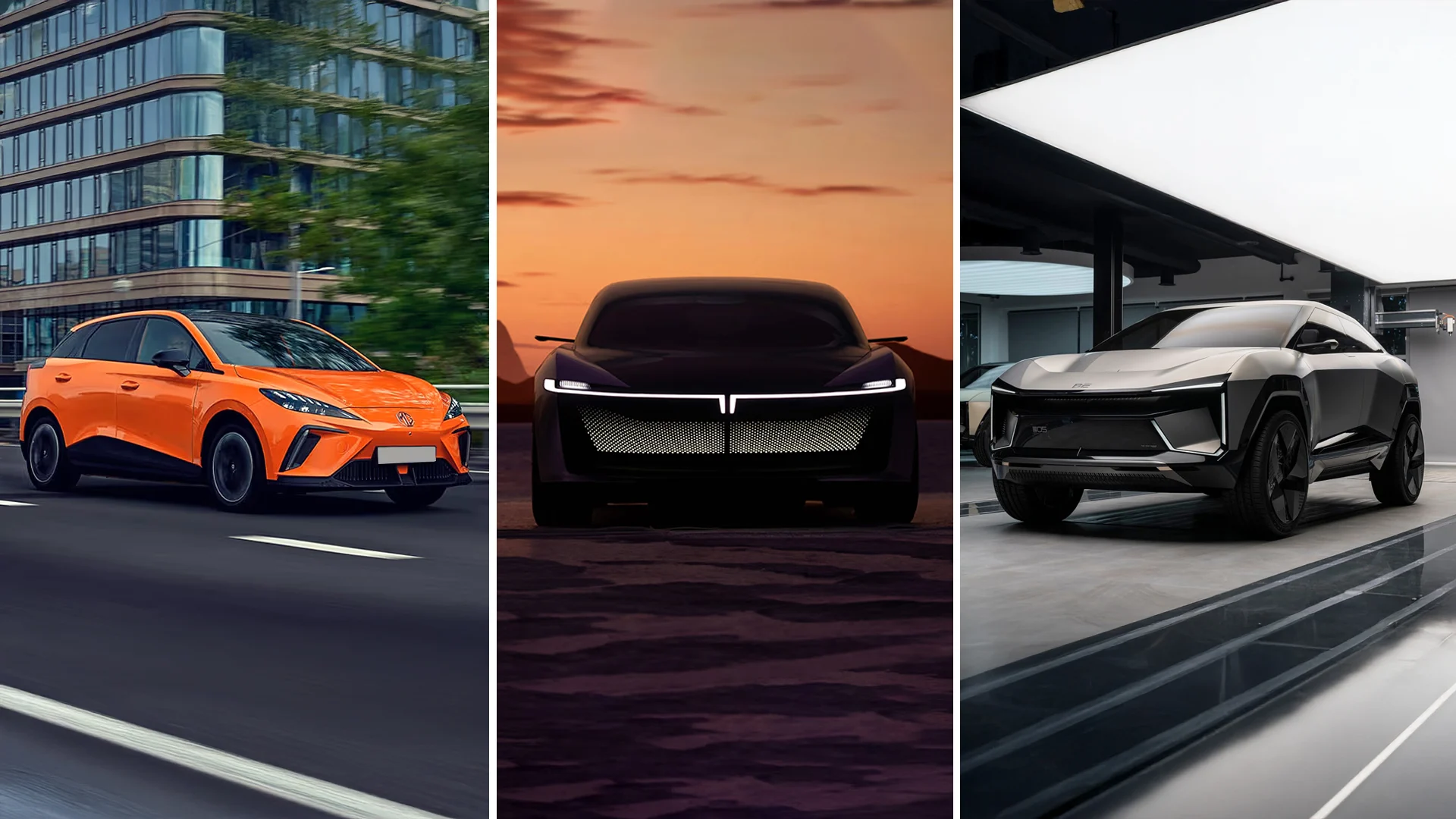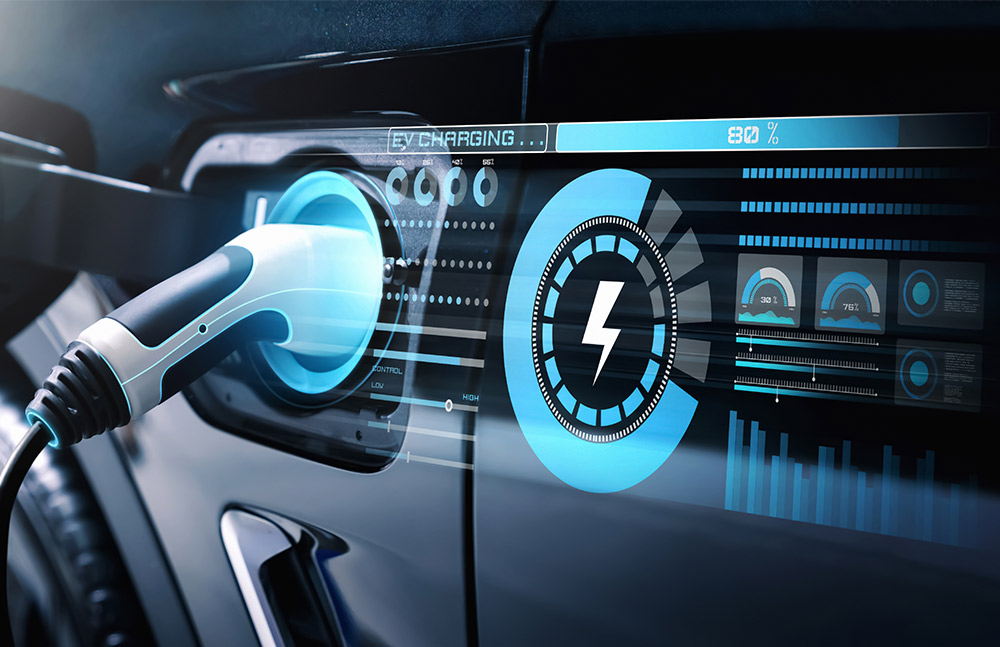
Table of Content
▼In preparation for the launch of its first electric vehicle, the midsize SUV named Concept eVX, Maruti Suzuki India plans to establish approximately 25,000 EV charging stations. This strategic move aims to support the transition to electric vehicles by addressing the lack of a robust charging infrastructure, which has been a significant barrier in the country.
Building a Nationwide Charging Network
Maruti Suzuki intends to leverage its extensive network of over 5,100 service centres across 2,300 cities. The company is in discussions with oil marketing firms and energy companies to develop a comprehensive charging ecosystem. A source mentioned, “They (Maruti) have started surveying their dealer workshops for charging points. The plan is to have at least one dedicated bay and two charge points at its service centres. The company has already started training service mechanics in Bengaluru.”
Collaborations and Strategic Partnerships
Insiders at oil marketing companies revealed that Maruti Suzuki has approached them to reserve space for EV charging and service stations at their retail locations. Maruti Suzuki Managing Director Hisashi Takeuchi recently commented, “We will come up with a range of solutions for our EV customers to remove their concerns about owning an EV.” He further emphasized the importance of utilizing their network strength to ensure customer confidence in after-sale support.

Pricing and Sales Targets
Maruti Suzuki plans to price the eVX between Rs 20-25 lakh and aims to sell 3,000 units within the first three months of its release. The electric SUV will be manufactured at the Gujarat plant and sold through the premium Nexa outlets. The eVX marks the first of six electric vehicles Maruti intends to launch over the next 6-7 years.
Addressing Market Challenges
Maruti Suzuki's entry into the electric vehicle market comes at a time when the industry faces several challenges. According to data from the Vahan portal, EV sales in India dropped by 10 percent year-on-year to 6,335 units in August. Key factors contributing to this decline include limited charging infrastructure, range anxiety, and high upfront costs.
Industry Trends and Comparisons
It is common for automakers to establish their charging infrastructure ahead of major EV launches. For example, Tata Motors, a leader in the EV market with five electric models, has set up 5,600 public charging stations, while Tata Power Renewable Energy has installed over 101,924 home charging points.
Conclusion
Maruti Suzuki's initiative to set up 25,000 EV charging stations demonstrates its commitment to supporting the adoption of electric vehicles in India. By building a robust charging infrastructure and leveraging strategic partnerships, Maruti Suzuki aims to address the key challenges in the EV market and ensure a smooth transition for its customers.
Also Read: Electric Cycles in India: Revolutionizing Urban Commuting
Mehul Jain
EV Specialist & Clean Mobility Advocate. Mehul Jain is an expert in India’s evolving electric vehicle ecosystem, with a focus on EVs, charging infrastructure, and sustainable mobility. His articles cover everything from government subsidies to range insights, helping readers navigate the shift to cleaner transportation.
_1770886465.webp)


_1716799620.webp)

